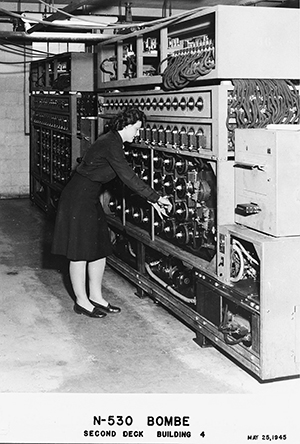

The knack she appeared to have for sensing things - threats especially - before they became obvious to humans was uncanny - and very valuable to her human friends.”Īs Mr. Then the airmen noted that at times “she seemed almost to start barking before the air-raid sirens had raised the alarm. At the first sound of an air raid siren, she would “start barking in alarm and keep up the refrain during the mad dash” for shelter.

The importance of the base made it a frequent target of Japanese bombers.Īnd herewith an important role for Smoky. The goals were denying enemy access to petroleum reserves in the South Pacific, and protecting allied bases. The base where she emerged was home to a photo reconnaissance squadron, flying behind Japanese lines to scout targets. “As her tiny tongue lolled out, panting in the heat, Smokums repeatedly tried to jump up at her newest visitor, desperate to demonstrate how happy she was that someone, anyone, was paying her a little attention.”Īuthor Damien Lewis became interested in wartime dog stories after he adopted a one-time “comfort dog” that had served in a veterans’ hospital.

Downey and pal William Wynne welcomed “Smoky,” named for her smoky grey-blue coloring.īeing a dog, Smoky happily made new friends. How had the dog come to be on an air strip only recently abandoned by Japanese troops? Perhaps it had been owned by an enemy soldier? No matter. Then, dark eyes “gazed up at him, imploringly.” Downey retrieved what turned out to be a bedraggled Yorkshire terrier weighing perhaps four pounds - hand-licking friendly despite her emaciated condition.


 0 kommentar(er)
0 kommentar(er)
